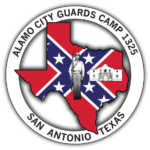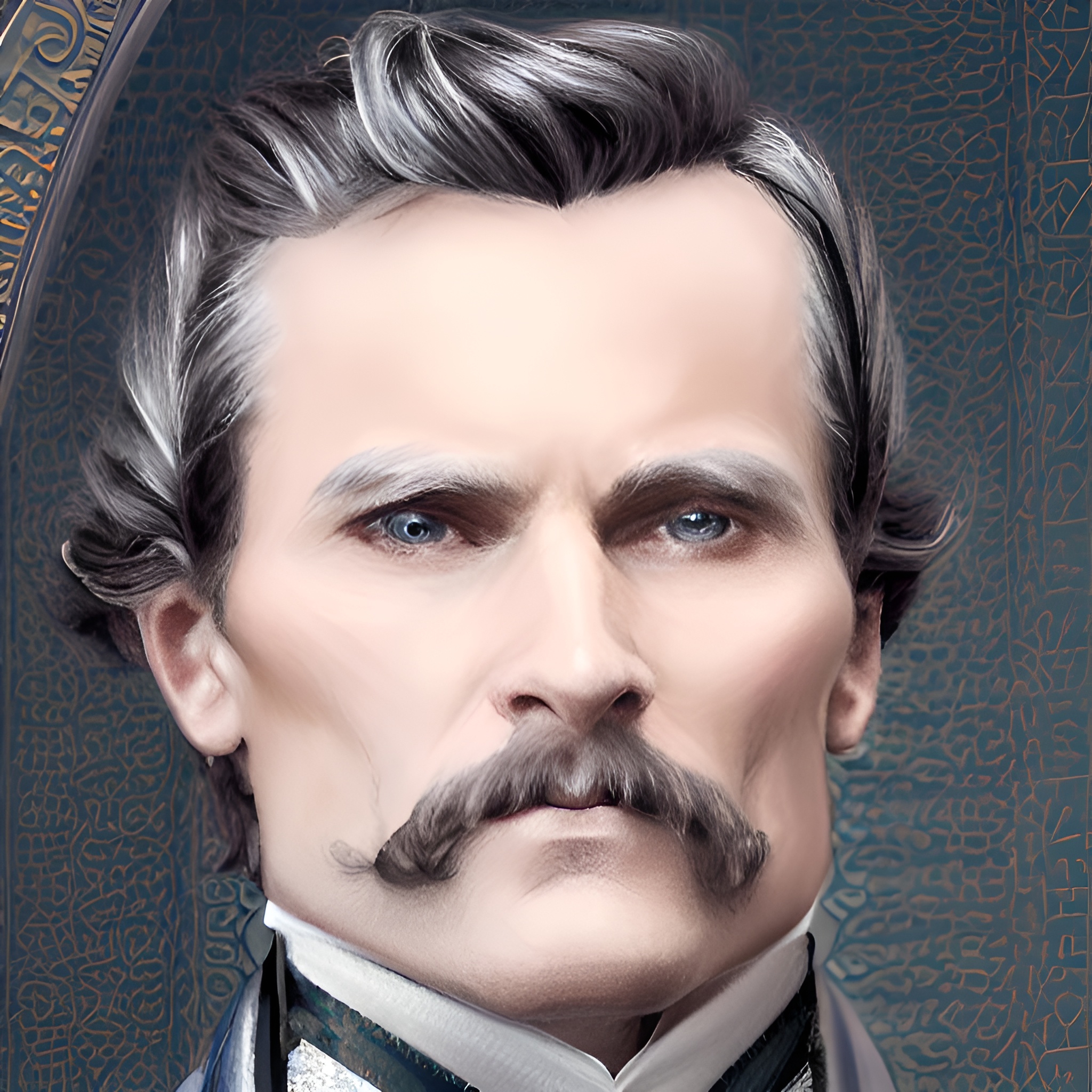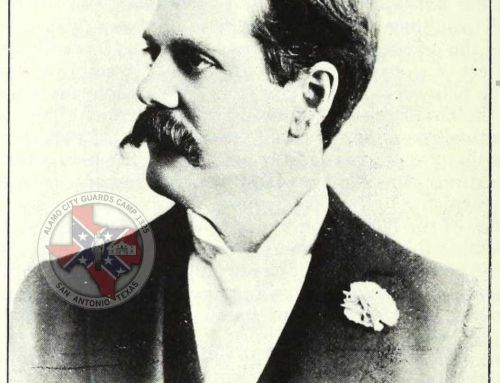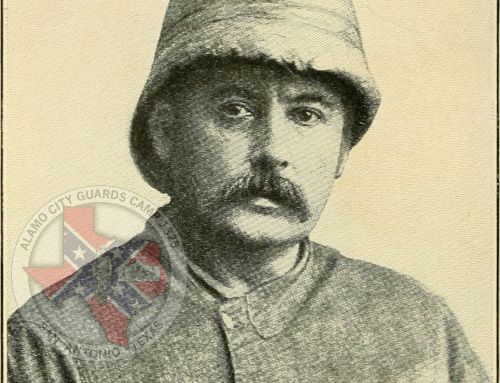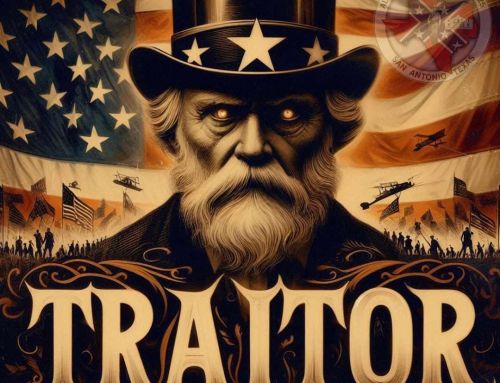Early life and military career
Simon Bolivar Buckner was born on April 1, 1823, in Hart County, Kentucky, to Aylett Hartswell Buckner and Elizabeth Ann Kingsley. He was the fourth of six children, and his father was a farmer and state legislator. Buckner’s parents named him after the South American revolutionary leader, Simon Bolivar, who had recently gained independence for several South American countries.
Buckner attended local schools before being appointed to the United States Military Academy at West Point in 1840. He graduated in 1844, ranking 11th out of 25 in his class. After graduation, Buckner was commissioned as a second lieutenant in the 6th U.S. Infantry and sent to fight in the Mexican-American War.
During the war, Buckner served in several battles and was twice wounded in action. He was praised for his bravery and leadership, earning a brevet promotion to captain and later to major. After the war, Buckner returned to Kentucky and married Mary Kingsbury in 1847.
Buckner continued to serve in the U.S. Army, primarily in frontier posts in Texas and California. He was promoted to the rank of lieutenant colonel in 1856 and became the commander of the newly established Fort Buchanan in Arizona Territory. In 1858, he was appointed as the superintendent of the United States Military Academy at West Point, a position he held for two years.
In 1859, Buckner resigned his commission in the U.S. Army and returned to Kentucky to become the adjutant general of the state militia. He was also elected as the state’s lieutenant governor on the Know-Nothing party ticket.
Confederate service and battles
With the outbreak of the Civil War in 1861, Buckner initially remained loyal to the Union. However, he ultimately decided to side with the Confederacy and resigned his position as adjutant general. He was appointed as a brigadier general in the Confederate Army and served in several key battles, including the Battle of Shiloh and the Battle of Perryville. In 1864, he was promoted to the rank of major general and commanded the Confederate defenses at the Battle of Nashville.
Buckner’s Contributions to Education and Infrastructure
After the war, Buckner returned to Kentucky and was briefly imprisoned for his Confederate service. He later became involved in politics again and was elected as the state’s governor in 1887. During his time as governor, he worked to improve the state’s infrastructure and education system, as well as advocating for civil rights for African Americans. He also oversaw the establishment of the State College of Kentucky, which later became the University of Kentucky.
In addition to his military and political achievements, Buckner was also a prolific writer. He wrote several books on military strategy and tactics, including “A Glance at Private Libraries,” “Cannons and Castings,” and “The Goeben and the Breslau.” He also wrote memoirs of his experiences during the Civil War, which were published posthumously.
Buckner died on January 8, 1914, in Munfordville, Kentucky, at the age of 90. His legacy has been the subject of debate in recent years, particularly in light of his Confederate service. Some view him as a hero and patriot who fought for the South, while others criticize his decision to side with the Confederacy and his support for slavery. Despite this controversy, Buckner remains an important figure in Kentucky history and his contributions to the state’s development and political landscape cannot be denied.
